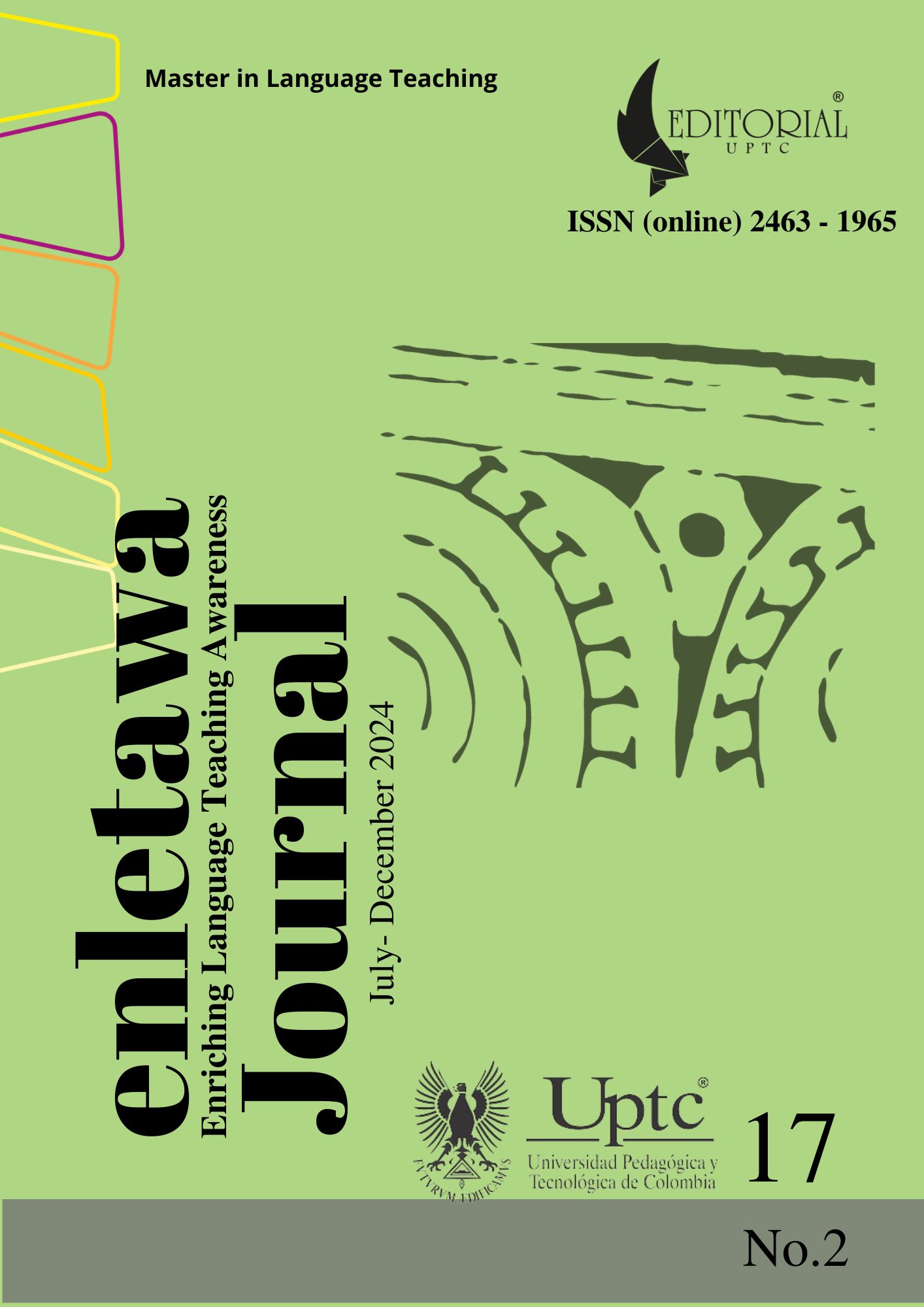So you are considering becoming a qualitative researcher: Some initial thoughts for pre-service and in-service EFL teachers intending to enter the field

Abstract
Doing research within the qualitative paradigm can be a challenging task sometimes. However, when well designed and implemented, research itself and being engaged in research related activities offers a myriad of opportunities for personal and professional growth. Considering these aspects, through this reflective article I provide some thoughts on initial aspects I consider pre-service and in-service EFL teachers should bear in mind if intending to enter the qualitative research field. In doing so, firstly I provide a general overview of what qualitative research is while also making an analysis of what it implies. Second, I reflect upon some elements which should be considered at the moment of beginning a formal research endeavor. Finally, the final remarks derived from the practical considerations given to pre-service and in-service EFL teachers willing to work with qualitative inquiry are presented.
Key words: English teachers, qualitative research, thoughts for English teachers intending to enter the field
Keywords
English teachers, qualitative research, EFL teaching
References
- Creswell, J. W. (2013). Qualitative inquiry and research design: Choosing among five approaches. SAGE
- Creswell, J. W. (2015). 30 essential skills for the qualitative researcher. SAGE Publications.
- Duff, P. (2010) Research approaches in Applied Linguistics. In R. Kaplan (ed). The Oxford Handbook of Applied Linguistics (2 ed.) (p.1- 19). Oxford: Oxford university Press. https://doi.org/10.1093/oxford hb/9780195384253.013.0003
- Hill, L. H. (2007). Thoughts for students considering becoming qualitative researchers - Qualities of qualitative researchers. Qualitative Research Journal, 7(1), 26- 31. https://doi.org/10.3316/qrj 0701026
- Jameel, B., Shaheen, S., & Majid, U. (2018). Introduction to qualitative research for novice investigators. Undergraduate Research in Natural and Clinical Science and Technology (URNCST) Journal, 2(6), 1-6. https://doi.org/10.26685/urncst.57
- Kalman, M. (2019). "It requires interest, time, patience and struggle": Novice researchers' perspectives on and experiences of the qualitative research journey. Qualitative Research in Education, 8(3), 341. https://doi.org/10.17583/qre.2019.4483
- Macías, D. F., & Mosquera‐Pérez, J. E. (2024). English as a Lingua Franca, world Englishes, and the preparation of language teachers: An awareness‐raising experience in an English teacher education program in Colombia. TESOL Journal. https://doi.org/10.1002/tesj.789
- Mackenzie, I. (2014). English as a lingua franca: Theorizing and teaching English. London, England: Routledge
- https://doi.org/10.4324/9781315890081
- Mosquera Pérez, J. E. (2021). Research approaches in applied linguistics. Paideia Surcolombiana, (26), 277-281. https://doi.org/10.25054/01240307.2248
- Pfeifer, M. A., & Dolan, E. L. (2023). Venturing into qualitative research: A practical guide to getting started. Scholarship and Practice of Undergraduate Research, 7(1), 10-20. https://doi.org/10.18833/spur/7/1/2
- Saldaña, J. (2011). Fundamentals of qualitative research. Oxford University Press
- Stake, R. E. (2010). Qualitative research: Studying how things work. Guilford Press.
- Silverio, S. A., Sheen, K. S., Bramante, A., Knighting, K., Koops, T. U., Montgomery, E., November, L., Soulsby, L. K., Stevenson, J. H.,
- Watkins, M., Easter, A., & Sandall, J. (2022). Sensitive, challenging, and difficult topics: Experiences and practical considerations for qualitative researchers. International Journal of Qualitative Methods, 21. https://doi.org/10.1177/16094069221124739
